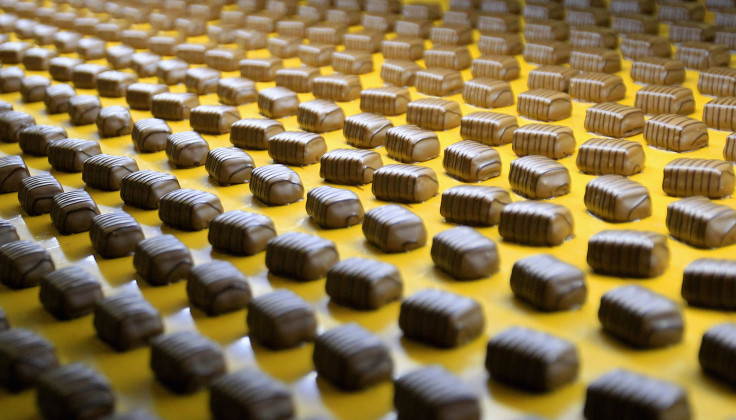Russia May Ban Chocolates From Belgium And France, Produce Their Own As Part Of Countersanctions Effort

Russia reacted to the extension of sanctions by the European Union with a series of countersanctions. Part of that response involves the Russian government banning products from a number of European countries.
The EU sanctions against Russia were extended Tuesday. The sanctions will be in effect until January 31, 2016. Russia may stop importing several products from Europe in response.
Russia is likely to ban chocolates from France, Belgium and Germany. Russian producers claim they can produce premium quality dessert varieties inside the country. Russia may also ban other types of candy from a number of European countries. According to estimates, France earns around $38 million and Belgium $47 million by exporting chocolates to Russia.
Alexey Alekseyenko, the deputy head of the Russian Federal Agency for Agricultural Control, said that Russia was capable of producing “elite sorts of chocolate.” He added that Russian producers would like to take the opportunity to move that revenue inside Russia.
According to Alekseyenko, Russia is ready to replace products from the European countries. "Many other countries are willing to supply us flowers, and in this case, our industry in the area will begin to slowly recover should there be an embargo,” Russia Today quoted Alekseyenko. “Also, there have been calls for a long time to import flowers from Latin America directly rather than from the Netherlands.”
Russia may ban importing foreign flowers -- especially from the Netherlands. Pravda reported that Russia would not accept Dutch tulips while the Netherlands was involved in “terrorizing Russia with the case of Yukos” by laundering billions of rubles. The Russian news agency added that the Netherlands had earned $226 million by exporting flowers to Russia in 2014.
Russia spent $38 million in 2014 on importing 14,700 tons of flower bulbs, roots and other flower products. It spent an additional $58.3 million in 2014 for importing 26,500 tons of other plants like shrubs, trees and cuttings. Russia also spent $225.4 million on importing 30,700 tons of flower buds and cut flowers.
According to the Russian Ministry of Agriculture, the decision to ban various products from European countries has not been finalized yet. Aleksandr Tkachev, the head of the ministry, said that there would not be any radical solution.
© Copyright IBTimes 2025. All rights reserved.





















